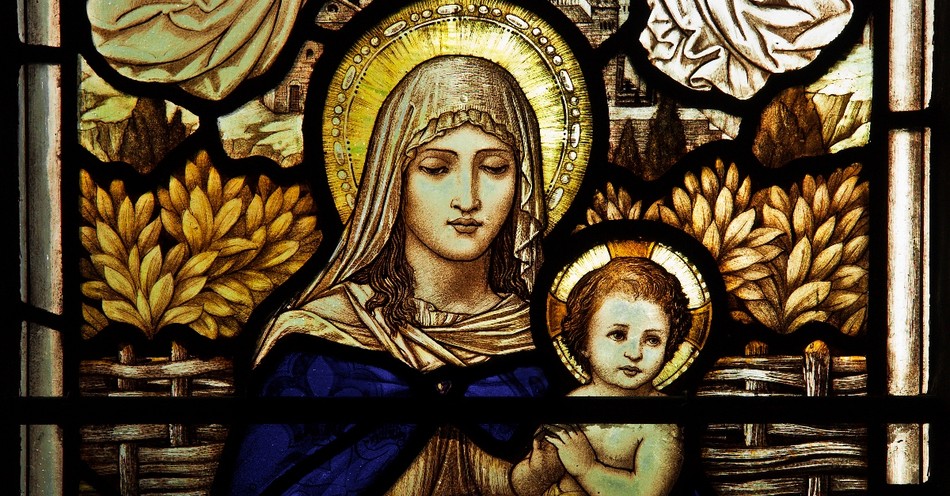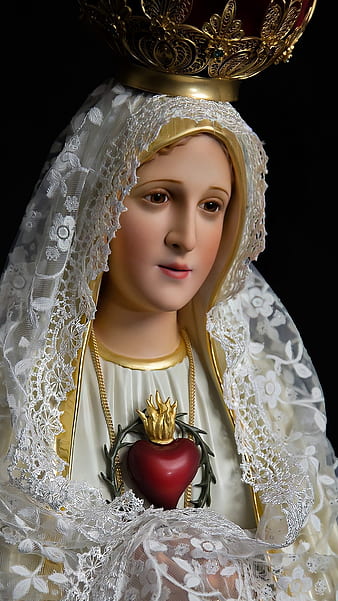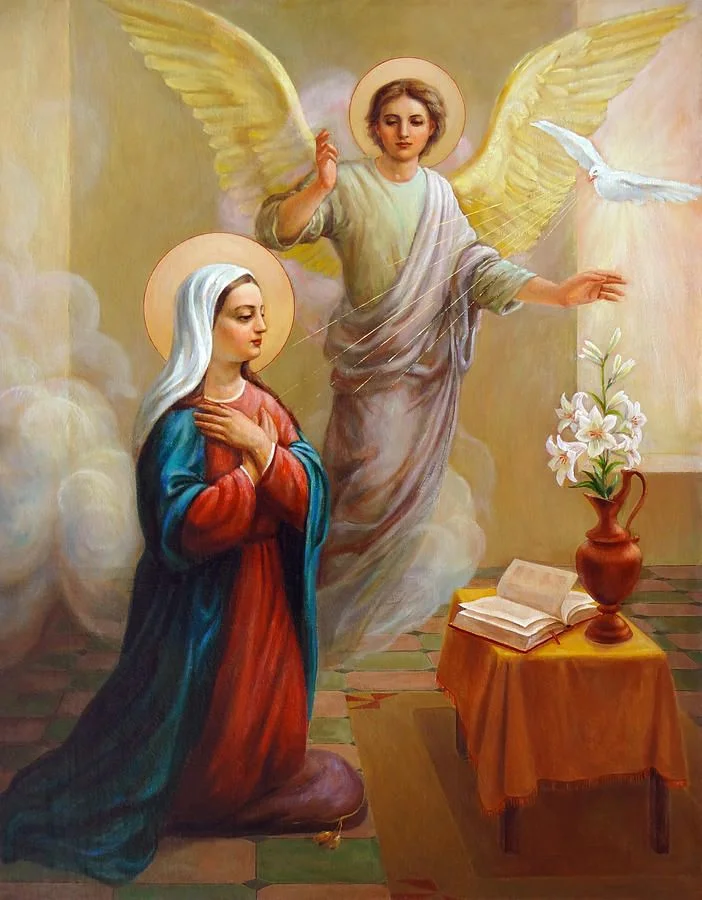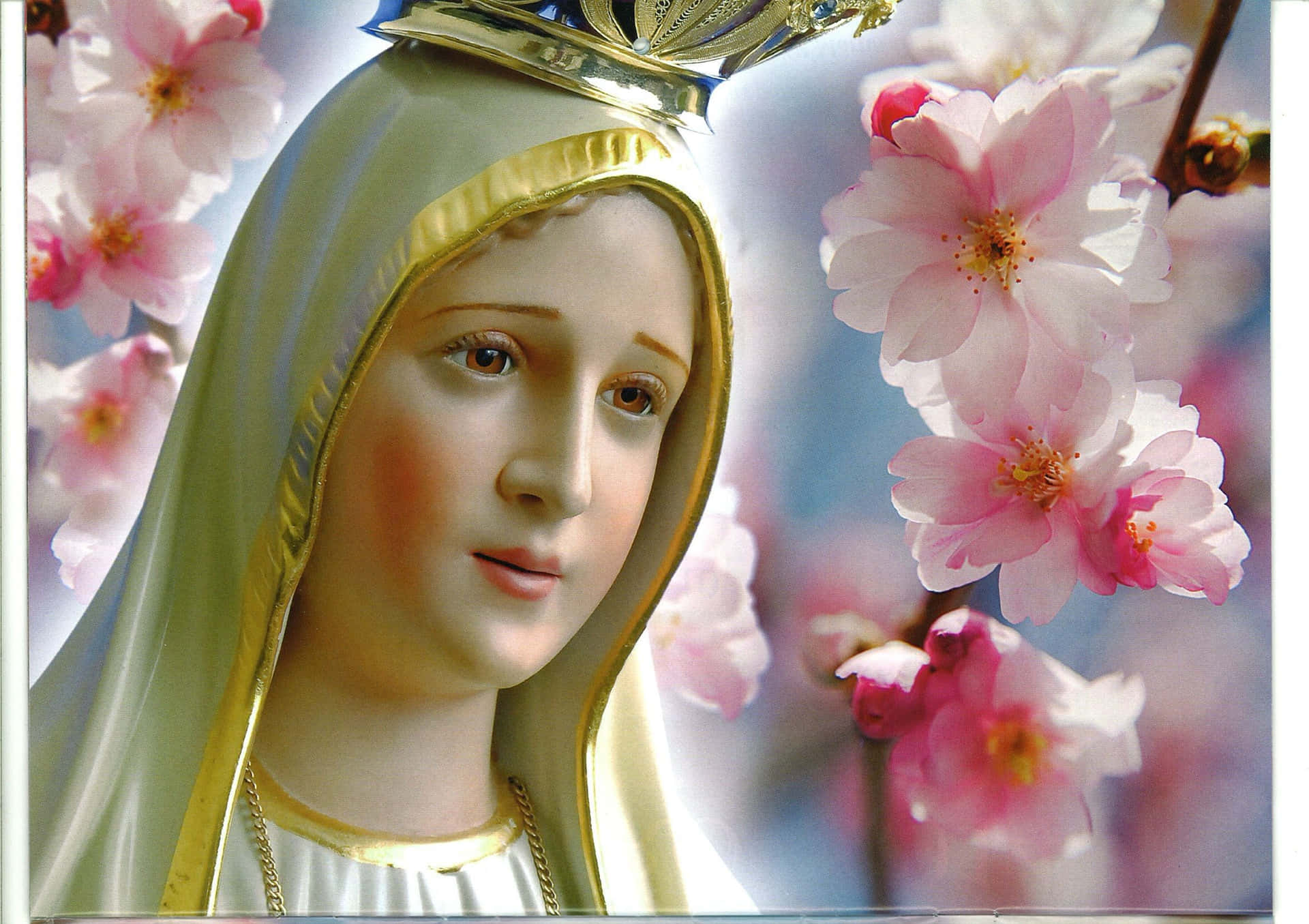Mary's Elevated Status in Catholic Theology: An Examination of the "Queen of Heaven" Title
The title "Queen of Heaven," attributed to the Virgin Mary within Catholic tradition, signifies a profound theological concept requiring careful analysis. This essay explores the multifaceted meaning of this title, examining its scriptural underpinnings, theological interpretations, and significance within Catholic spirituality. Key concepts such as Marian doctrines, biblical hermeneutics, and the role of intercession within the Catholic faith will be central to this exploration. We will examine how these concepts are applied and understood within the context of Catholic belief and practice.
The Assumption and its Theological Significance: The doctrine of the Assumption, central to understanding Mary's elevated status, asserts that Mary, after her earthly life, was taken body and soul into heavenly glory. This belief, while not explicitly stated in scripture, is supported through a tradition rooted in biblical typology and theological reflection. The Book of Revelation's depiction of a woman clothed with the sun, reminiscent of Mary's role in the birth of Christ, serves as a foundational text for this interpretation. The concept aligns with the principle of plenitude, suggesting that the mother of God should participate fully in the salvific work of Christ, culminating in her bodily glorification, echoing Christ's own resurrection. This understanding is further solidified by the Catechism of the Catholic Church, which positions Mary’s assumption as a singular participation in her son’s resurrection and a prefiguration of the resurrection of all believers.
Biblical and Patristic Interpretations: The "Queen of Heaven" title draws upon biblical imagery and early Church interpretations. The angel Gabriel's greeting to Mary in Luke 1:28, "Hail, full of grace, the Lord is with you," underscores her unique election and holiness, foreshadowing her elevated role. Early Church Fathers, such as Saint Augustine and Saint Jerome, contributed to the development of Marian theology, viewing Mary as the "New Eve," whose obedience countered Eve's disobedience, thereby restoring humanity's relationship with God. These interpretations, developed over centuries, have shaped the understanding of Mary's place within the divine economy of salvation.
Mary's Queenship and Intercession: The concept of Mary's queenship is not one of earthly dominion but rather of spiritual authority. She is seen as the "Queen of all creation" and "Queen of saints," reflecting her unique relationship with Jesus. Her role as intercessor aligns with the Catholic understanding of the communion of saints, whereby believers can invoke the prayers of those already in heaven to assist them in their spiritual journey. Mary's intercession is viewed not as bypassing God, but rather as reflecting the filial piety and unity within the Blessed Trinity.
Mary as Spiritual Mother and the Concept of Perpetual Virginity: The belief in Mary's perpetual virginity reinforces her purity and sacredness. Her status as ever-virgin, Mother of God, reflects the theological understanding of the Incarnation and highlights her unique role in God’s plan. Further emphasizing her importance is the scene at the foot of the cross, where Jesus entrusts Mary to John as a mother figure to the whole Church, showcasing her ongoing role as spiritual mother to believers and emphasizing her position of loving advocacy.
Avoiding Misinterpretations: It's crucial to emphasize that the devotion to Mary as "Queen of Heaven" does not diminish the worship due to God alone. This devotion is understood as a form of hyperdulia, a high level of veneration reserved for Mary, distinct from the latria, or worship, reserved exclusively for God. This distinction highlights the importance of maintaining proper theological balance.
Conclusions and Recommendations
The title "Queen of Heaven" applied to Mary is a rich theological concept, deeply rooted in biblical typology, patristic tradition, and the development of Marian doctrine. Its significance lies not in assigning Mary earthly authority, but in recognizing her unique role in the salvation history of mankind. Her assumed role as Queen of Heaven, born from a synthesis of scripture, tradition, and theological reflection, reinforces her elevated position within the Catholic faith, fostering piety and devotion. It emphasizes the importance of prayer, intercession, and following the example of a model of faith, obedience, and commitment to God. Further research into the evolution of Marian doctrines across different cultural and historical contexts would enhance our understanding of the diverse interpretations of Mary’s elevated status. This research could explore the development of Marian theology through the lenses of feminist theology and comparative religion to gain a better understanding of the global perceptions of Mary.
Reader Pool: Considering the diverse interpretations of Mary's role within Christianity and other religious traditions, how might a comparative theological analysis inform our understanding of the "Queen of Heaven" title and its implications?







